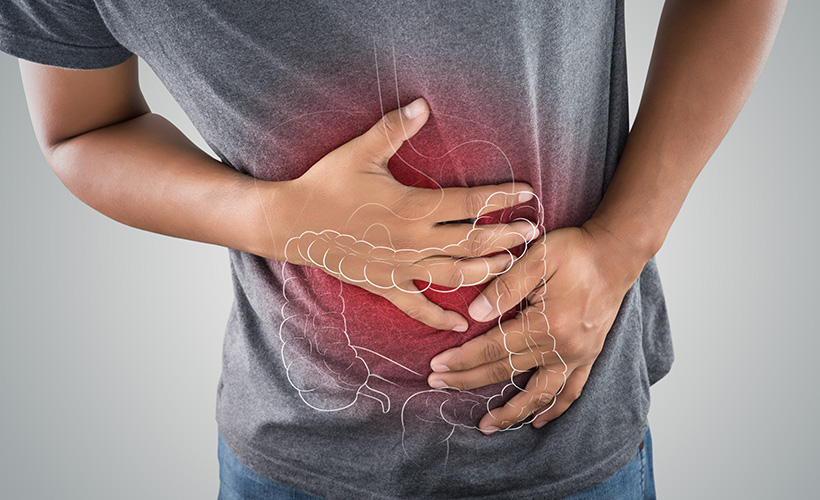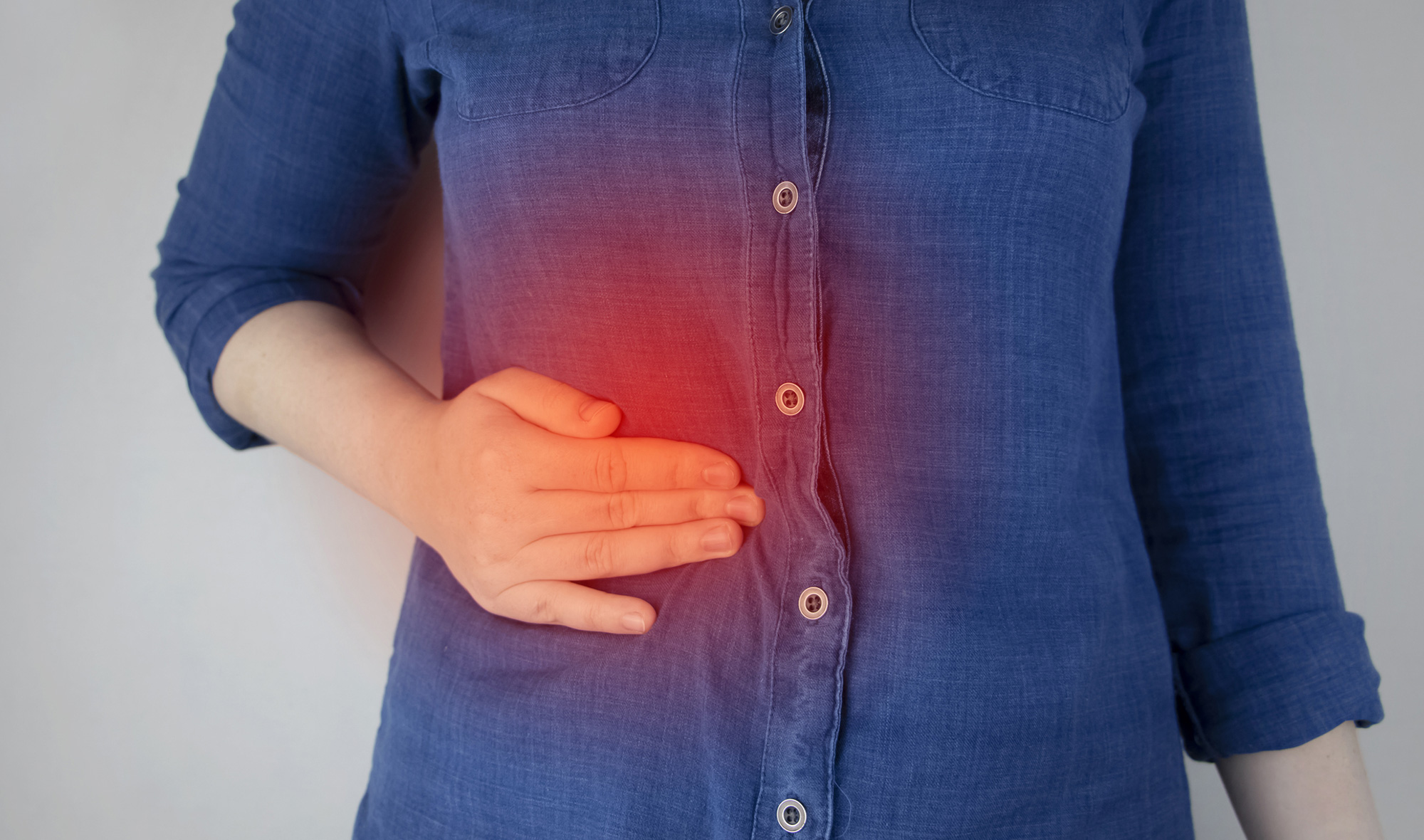Many people have an irritable bowel from time to time. This is usually harmless and goes away by itself. The symptoms may include bloating, cramping, diarrhoea or constipation. Sometimes the diarrhoea and constipation alternate. People with an irritable bowel might say they “have irritable bowel syndrome (IBS)”. Confusingly this is not the same as IBD (inflammatory bowel disease).
‘Inflammatory bowel disease’ refers to diseases that involve ongoing inflammation in your digestive tract. The two most common inflammatory bowel diseases are Chron’s disease and Ulcerative colitis. These are both long term conditions that will require treatment from your doctor and sometimes referral to a specialist. Some people find their symptoms come and go and they might have quite long periods of time when they have no symptoms. This is called ‘being in remission’. The symptoms for both of these diseases include, bleeding from your bottom, diarrhoea, pain in your abdomen. You might also lose weight and feel tired a lot of the time due to not absorbing the nutrients from your food. These same symptoms can also be present with other diseases, so with these or any ongoing symptoms, it is important to be seen by your doctor.
Chron’s
Chron’s disease is usually diagnosed for the first time in adults between 20 and 40 years old. It can affect any part of the digestive system from where the food goes in (your mouth) to where it comes out (the rectum and anus). The small intestine is very long and wound up inside your abdomen and it starts after your stomach in the digestive system; next comes the large intestine (also called the ‘colon’) which carries processed food the rest of the way to the rectum. Chron’s mainly affects the large intestine and the part of the small intestine that is closest to the large intestine. It causes inflammation and swelling on the lining of the intestine and can also affect the deeper layers of the intestine.
Symptoms range from mild to severe and can vary depending on what part(s) or your intestine are affected. Most common symptoms:
- Pain in abdomen
- Diarrhoea
- Blood or mucus in your bowel motions
- Losing weight without meaning to
- No appetite
- Extreme tiredness
- Sore (ulcers) around your anus
Your doctor will be able to recommend treatments that will keep symptoms under control. With severe and ongoing symptoms you will be referred to a specialist and they might recommend surgery.
Ulcerative colitis
Ulcerative colitis is an inflammatory bowel disease that causes inflammation and ulcers (open sores) in the colon and rectum. Symptoms usually develop slowly, rather than starting suddenly. This is usually diagnosed before you are 30 years old but might develop later in some people. While there is no known ‘cure’ for ulcerative colitis there are treatments that can keep the symptoms under control. For most people their symptoms are mild to moderate and often there are long periods of remission (time with no symptoms).
The main symptoms for ulcerative colitis are:
- Diarrhoea (often with blood or pus in the bowel motions)
- Pain in the abdomen and cramping
- Pain in the rectum
- Rectal bleeding with small amounts of blood in the bowel motions
- Feeling you need to go to the toilet urgently and then sometimes not being able to go once you get there
- Unexpected weight loss
- Extreme tiredness
Causes
Doctors used to think that what you eat might cause inflammatory bowels diseases like Chron’s and Ulcerative Colitis. They now realise that while some foods might make symptoms worse the food doesn’t actually cause the IBD. Inflammatory bowels diseases are now believed to be due to an immune system malfunction called autoimmune disease. For more information on autoimmune diseases read our blog.
See your doctor if
It is important to see your doctor if you have any ongoing change with your bowel habits or if you have any of the signs of Chron’s or Ulcerative Colitis. Most people experience mild to moderate symptoms and can be symptom free for long periods but; inflammatory bowel disease is serious and can have life threatening complications if not treated, so do see your doctor if you think you might have IBD.
Written by Linda Caddick

















Community